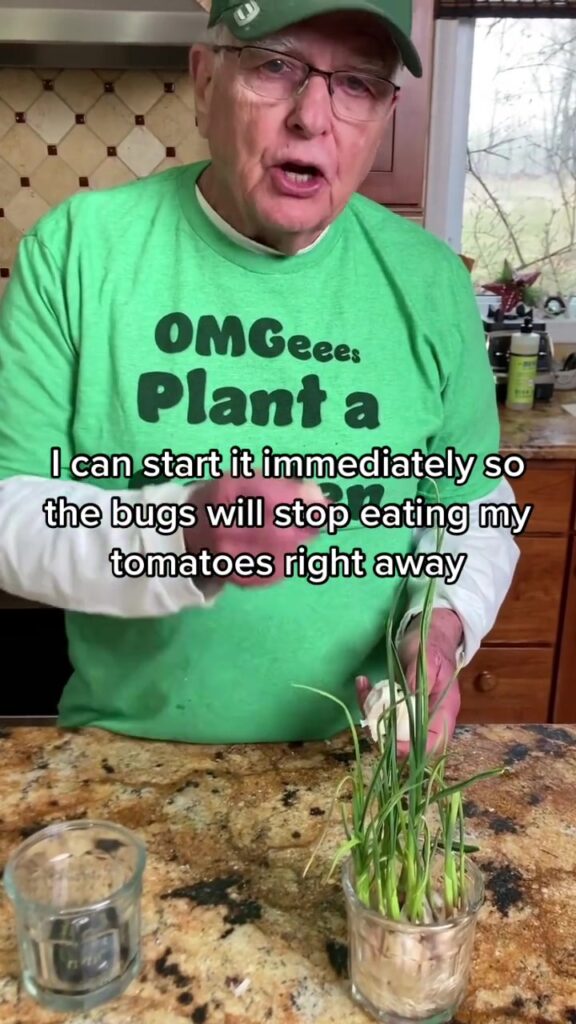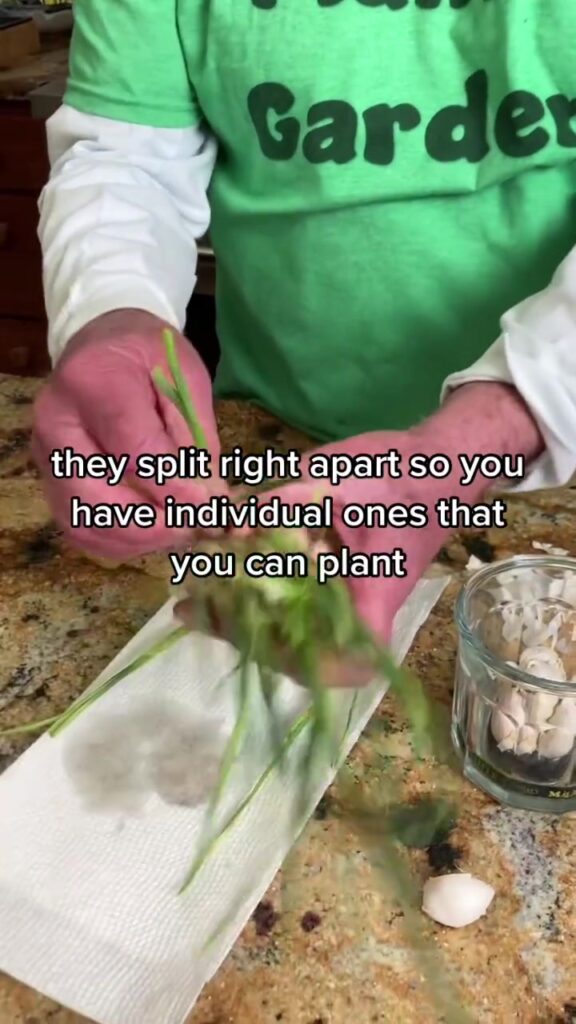
How to Stop Bugs from Eating Your Tomato Plants Without Using Any Chemicals—With Companion Plants
Tomato plants are a garden favorite, but they’re also a favorite target for many pests like aphids, hornworms, whiteflies, and flea beetles. While chemical pesticides may offer a quick fix, they often come at a cost—harming beneficial insects, disrupting the garden ecosystem, and introducing toxins into your food. Fortunately, there’s a more natural and sustainable way to protect your tomato plants: companion planting.
Companion planting involves growing certain plants together that mutually benefit each other. In the case of tomatoes, many herbs, flowers, and vegetables can help repel pests, improve plant health, and even enhance flavor. Here’s how to harness the power of companion planting to keep bugs at bay—no chemicals required.
1. Basil: The Tomato’s Best Friend
Basil isn’t just great in marinara sauce—it’s also an excellent companion plant for tomatoes. The strong scent of basil helps deter common pests like whiteflies, aphids, and tomato hornworms. Plant basil close to your tomato plants, ideally within 12 to 18 inches. As a bonus, some gardeners swear that basil improves the flavor of nearby tomatoes.
2. Marigolds: The Pest-Repelling Flower
Marigolds are famous for their pest-repelling properties. These vibrant flowers produce a compound called pyrethrum, which naturally repels many insects including nematodes, whiteflies, and aphids. Plant marigolds around the perimeter of your tomato patch or between rows. Their cheerful color also attracts pollinators and beneficial insects like ladybugs, which feed on harmful bugs.
3. Garlic and Onions: Nature’s Insecticide
Garlic and onions are pungent companions that help repel a wide range of insects. Their strong aroma confuses and deters pests such as aphids, spider mites, and cabbage loopers. Plant garlic or onions near tomatoes, but not too close—they need room to grow and can compete for nutrients if overcrowded.
4. Nasturtiums: The Trap Crop
Nasturtiums are a beautiful and functional addition to your tomato garden. These edible flowers attract aphids and whiteflies away from tomato plants, acting as a “trap crop.” Once pests settle on nasturtiums, you can easily remove or treat the affected plants. Nasturtiums also attract pollinators and beneficial insects that feast on destructive bugs.
5. Borage: Defender Against Tomato Hornworms
Borage is an herb with blue star-shaped flowers that repel tomato hornworms and cabbage worms. It also attracts bees, which helps improve pollination. Borage improves the health and resilience of tomato plants, making it a great companion in any organic garden.
6. Mint: Powerful but Contained
Mint is another strongly-scented herb that repels aphids, flea beetles, and ants. However, it can become invasive if not contained. Consider planting mint in pots and placing them near your tomato plants. This gives you the pest control benefits without letting mint take over your garden.
7. Trap and Repel Strategy
Combining plants that both repel and attract pests is a strategic way to control infestations. While basil and marigolds repel pests, nasturtiums attract them, allowing you to concentrate infestations in one spot. This balance encourages a healthier garden ecosystem and minimizes the need for intervention.
8. Add Mulch and Keep It Clean
While companion planting is effective, it works best in a tidy garden. Mulch around your tomato plants with straw or wood chips to reduce soil-borne pests. Remove dead leaves and prune lower branches to improve air circulation. Keeping your garden clean discourages insects from settling in.
9. Encourage Beneficial Insects
Ladybugs, lacewings, and parasitic wasps are natural predators of many tomato pests. Grow flowers like dill, yarrow, and fennel nearby to attract these helpful insects. Providing a diverse plant environment encourages biodiversity and keeps pest populations in check.
Final Thoughts
You don’t need harsh chemicals to protect your tomato plants from bugs. By choosing the right companion plants, maintaining garden hygiene, and encouraging beneficial insects, you can create a thriving, chemical-free garden. Not only will your tomatoes grow healthier and tastier, but your entire garden will benefit from the harmony of natural pest control.














